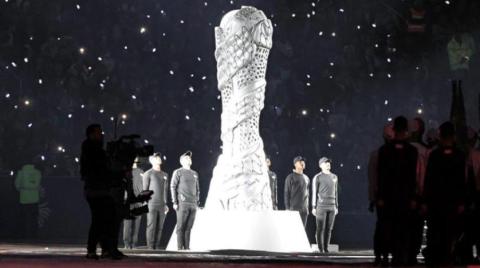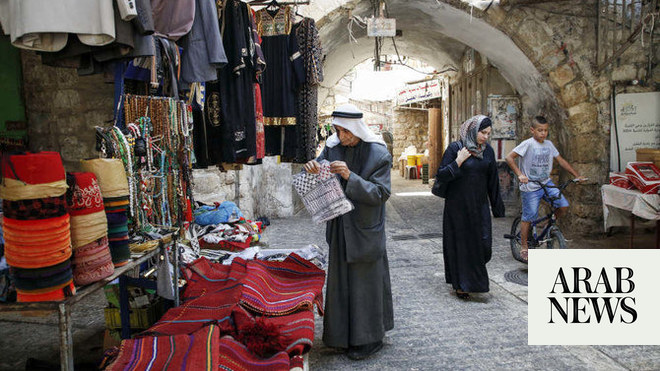
The Gulf is facing two unresolved battles: Preventing Iran from exporting most of its oil, and attacking Saudi oil facilities.
As for the US, with the exception of tougher economic sanctions, its decisions on Iran are symbolic. They include preventing its Foreign Minister Mohammad Javad Zarif from moving in New York outside a six-street perimeter around the UN building, and barring the sons of Iran’s ruling elite from studying or visiting the US. These decisions are inconsequential and actually serve the propaganda of Tehran, which always complains about the targeting of Iranians by the Trump administration.
All this at a time when Tehran is instilling fear among transport and navigation companies in Gulf waters, pushing up insurance costs for friends and foes alike. Iran has also targeted oil facilities in Saudi Arabia, the world’s largest oil exporter, and shelled the vicinity of the US Embassy in Baghdad.
Tehran has also explicitly threatened, through its ambassador in Baghdad, to target the American military presence in Iraq. Iran has arrested people holding US, British, Australian and other Western passports, and has not shied away from using them as bargaining chips.
Iran’s aggressive actions, such as kidnapping, using militias and now bombing Saudi oil facilities, have been confronted by US economic sanctions that are certainly painful for the regime in Tehran, costing it billions of dollars each month.
But it does not look like the confrontations have stopped. There are preparations on both sides for all to see, including the creation of an international naval military alliance to protect shipping lines against Iranian attacks in Gulf waters. The US has secured the participation of a number of regional and Western countries in the proposed naval fleet. Tehran has called for a counter-alliance, but we do not yet know details about it.
It was unsurprising that Iran would escalate militarily, taking advantage of American politicians’ preoccupation with the next presidential election. US economic sanctions have been gradually applied for about a year and a half, but Tehran appears to have deliberately delayed its retaliation, awaiting the US election season to potentially resort to military escalation and increased hostilities.
Why has the Iranian regime become bolder? Sanctions have harmed it domestically and hurt its militarism abroad. It needs money to finance its foreign militias, except for allied Iraqi militias because the Iraqi treasury covers their expenses and activities.
Tehran’s boldness partly reflects gradual but significant changes in the power dynamics in Iran’s government. The generals are gaining more clout and seats in the senior leadership, while the role of so-called moderates has receded.
This forced Zarif to announce his resignation on social media last February in protest at interference by Gen. Qassem Soleimani, although Zarif resumed his work later. This is part of the ongoing internal power struggle. As Iran’s supreme leader grows older, competition for power and influence will definitely increase.











